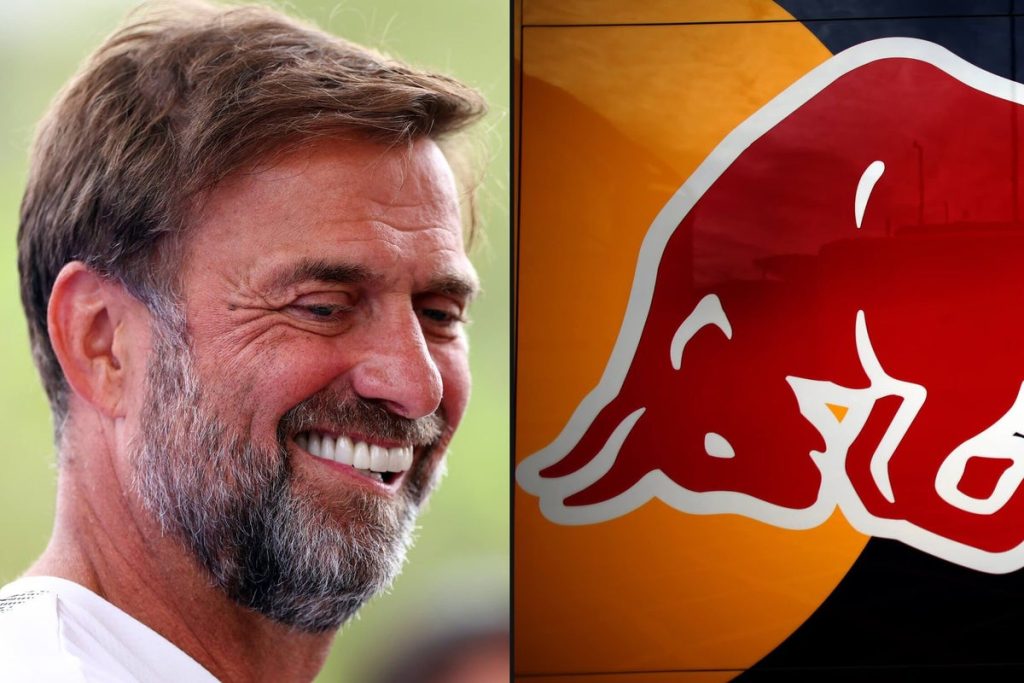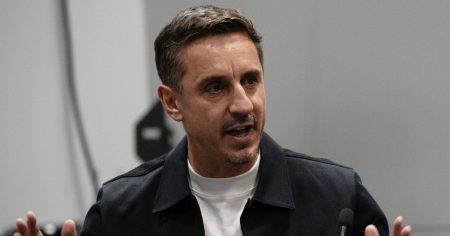Jurgen Klopp, known for his informal management style at Liverpool, has taken up a new role as Red Bull’s global head of soccer. Having left Liverpool in May due to exhaustion, Klopp’s new position allows for a less stressful re-entry into the game he loves. His role is to support and advise sporting directors, scouting departments, and coaches, ensuring Red Bull’s philosophy is evident across the clubs in which it holds stakes. However, Klopp will be removed from day-to-day operations.
Having left Borussia Dortmund in 2014 due to similar pressures, Klopp’s move to Red Bull may serve as a stepping stone toward the German national team job he covets. His power and influence grew at Liverpool, culminating in the football department becoming his domain, despite key financial decisions being made by the club’s owner, Fenway Sports Group’s president, Mike Gordon. Klopp’s new role removes him from the pressures of matches and press conferences, allowing him the chance to learn more about the game.
Klopp follows former Liverpool manager Gerard Houllier in taking on the role at Red Bull. The energy drink company, which began investing in football in 2005, could benefit from Klopp’s reputation in the industry, providing a legitimacy boost. However, the less stringent oversight of Red Bull’s clubs and its history of less-than-welcomed investments will present Klopp with a different environment than the fan-led ethos of Liverpool and Dortmund.
Questions surround Klopp’s decision to align himself with Red Bull, a move which sits ill-at-ease with his known aversion to the commercialization of football. His position will likely be most contested in Germany, where Red Bull’s investment in RB Leipzig has been met with resistance. This appointment could prove divisive in Germany, where the visibility of his association with Red Bull will be heavily scrutinized.
In England, Red Bull has a minority stake in Leeds United, and though Klopp has dismissed the possibility of managing another Premier League club, his involvement with Leeds could potentially influence Liverpool’s prospects in the league. Klopp’s commencement at Red Bull in January could result in changes, despite assurances that there are no plans to remove current coaches.
Overall, Klopp’s move to Red Bull allows him to step back from the pressures of daily football management while remaining involved at an elite level. It remains to be seen whether he will return to management in the long term, but, for now, his Red Bull appointment offers a change of pace and a fresh challenge.















